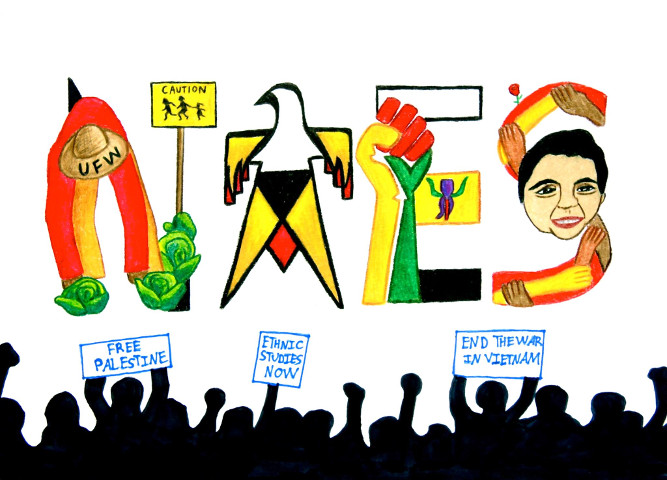Explorations in Ethnic Studies

Orginal Publication Date
1987
Journal Title
Explorations in Ethnic Studies
Volume
10
Issue
ees/vol10/iss2
First Page
[1]
Last Page
7
Abstract
Spiritual dismemberment, which many associate with the plight of disinherited Native Americans, has dislocated millions of others in this country as well. Teaching multi-ethnic literature, I note in particular streams of students who like the narrator of Oritz's poem are lonely for an authentic connection to a personal history. Throughout the term, they read selections which extol or dramatize the palpable struggles of characters who have a strong bond with ethnic traditions. They attend class surrounded by identifiable, certifiable ethnics. They listen to the instructor hold forth on the apocalyptic possibilities open to any who have access to these worldviews. In response, they may close up, become hostile, sympathize from a distance. But underneath, another current may swell with a question that also concerns many teachers in the humanities: in a nation where millions no longer identify with a distinct ethnic background, where individuals can trace bloodlines to multiple sources divided by time and place, what role does multi-ethnic literature play? How might the experiences of some ethnic groups be used by others in their own quests to help create a stronger, more intimate sense of community? In practice these questions are not briefly nor simply dealt with; at the personal level they require an enormous commitment to introspection and the possible pain of discovering a history that one might prefer buried. Nevertheless, as students -- no matter what their ethnic ties -- continue to grapple with troublesome questions, instructors must move from textual analysis to confront matters of application and synthesis.
Rights
Copyright, ©EES, The National Association for Ethnic Studies, 1987


